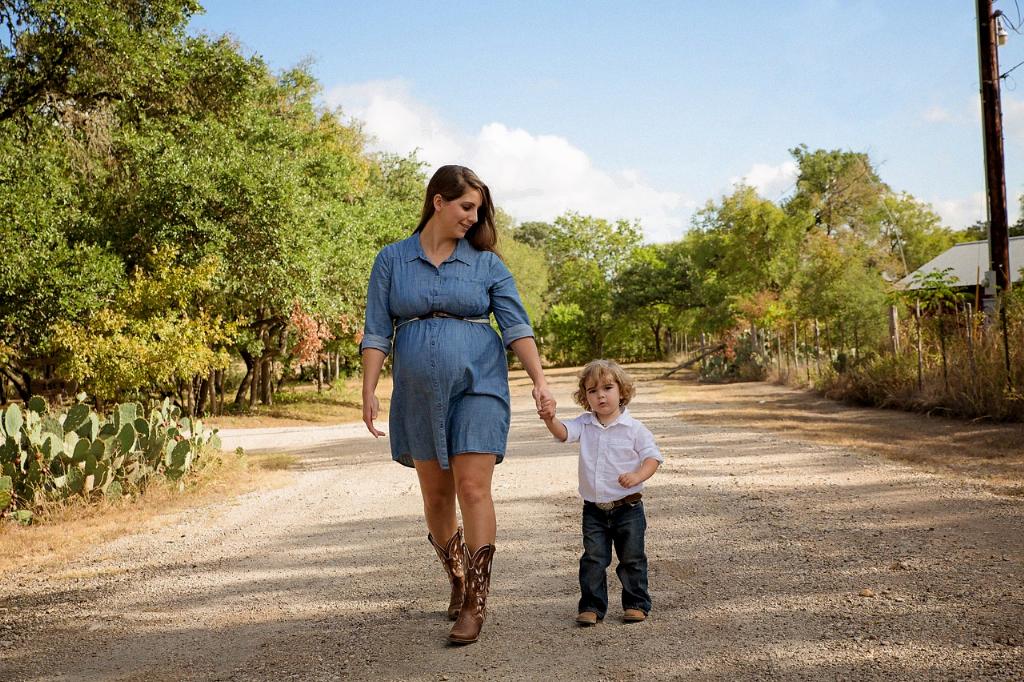At 10 weeks into pregnancy, a fetus has already undergone remarkable development in terms of organ formation. While the fetus is still in the early stages of growth, the essential organs have been established and are beginning to function harmoniously.
The cardiovascular system, including the heart and blood vessels, is one of the early systems to develop in a fetus. By the 10-week mark, the heart of the fetus is beating steadily and circulating blood throughout the body, supporting the overall growth and development of the baby.
Simultaneously, the respiratory system begins to take shape during this stage. While the lungs are not fully matured, the basic structures of the respiratory system, crucial for breathing after birth, are in place by the 10th week of pregnancy.
The digestive system also undergoes significant progress by week 10. The liver, pancreas, and intestines have developed, and the fetus is beginning to practice swallowing and digesting amniotic fluid, preparing for the transition to milk feeding after birth.
One of the remarkable transformations occurring at this stage is the formation of the urinary system. The kidneys are already functioning, producing urine that is released into the amniotic fluid, aiding in the regulation of amniotic fluid levels within the womb.
The fetal brain, a vital organ essential for coordinating all bodily functions, continues to mature rapidly throughout the 10th week of gestation. Neurons are forming connections, and the brainstem, responsible for controlling basic life functions, is developing.
Furthermore, the musculoskeletal system experiences significant growth and development during this period. Limb buds have elongated, forming distinct arms and legs, and the bones continue to ossify, gradually becoming more defined as the fetus grows.
While still in the early stages of development, the reproductive organs have also begun to differentiate by week 10. The genitalia are forming, laying the foundation for the development of either male or female reproductive structures as the pregnancy progresses.
Overall, by the 10-week mark, a fetus possesses a complex array of organs that are essential for sustaining life inside the womb and are crucial for survival after birth. Though not fully matured, these organs are already actively functioning and preparing the fetus for the outside world.
In conclusion, a 10-week fetus indeed possesses a remarkable array of organs that have developed and are in the process of maturing. This stage of gestation marks a critical period in fetal development, as the foundation for a healthy and thriving baby is laid through the intricate formation and coordination of these essential organs.

